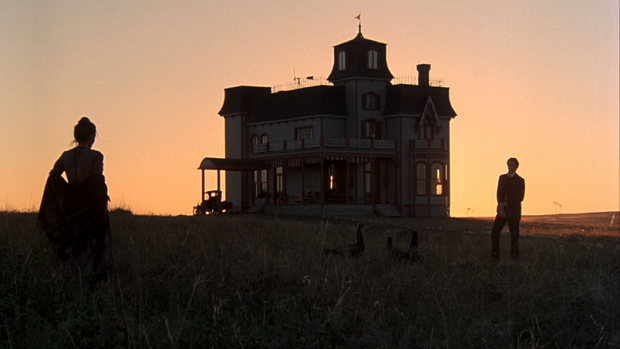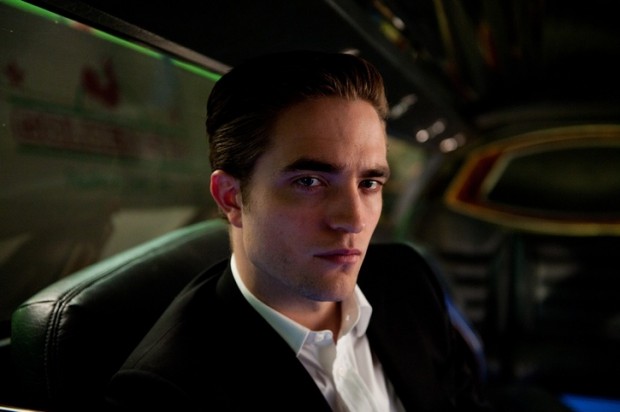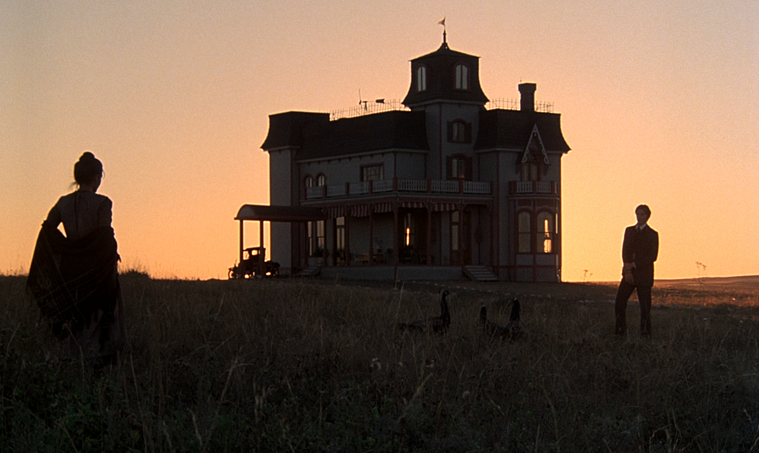
Dailies is a round-up of essential film writing, news bits, and other highlights from our colleagues across the Internet — and, occasionally, our own writers. If you’d like to submit a piece for consideration, get in touch with us in the comments below or on Twitter at @TheFilmStage.
Playboy has published an extensive, must-read interview with Gary Oldman discussing who he’d like to work with, experiences on Tinker, Tailor, Soldier, Spy, Coppola vs. Nolan, and much more:
We didn’t always see eye to eye on Dracula, but I have enormous respect for him. He’s very forceful and lets you know exactly what he thinks. Chris Nolan is more about giving you really good notes. On The Dark Knight he’d do a take and then say something like “There’s a little more at stake.” Francis will shout at you during the take, “There’s more at stake! You love her! No! Love her more than that!” He’s like D.W. Griffith.
If you’re in London, join Little White Lies to go around the world in 8 films.
The connection between Terrence Malick‘s Days of Heaven and the painting of Andrew Wyeth at GalleryFilm::
It is screened alongside the Gallery’s summer exhibition, The Wyeth Family: Three Generations of American Art. A choice reflecting the common idea that Days of Heaven is “strongly inspired by Andrew Wyeth’s paintings”. That influence should not be exaggerated. It is more accurate, and more enlightening, to see Andrew Wyeth and Days of Heaven’s Director, Terrence Malick as swimming within the same, broad US cultural movements and reflecting a common heritage. The specific influence of Wyeth on Days of Heaven is undeniable, best seen in the many shots of the ranch house on a hill reflecting Wyeth’s best known painting, Christina’s World (1948).
Following the announcement of its release date, Listen Up Philip has been confirmed for Locarno International Film Festival.
 At Mubi, James Slaymaker explores the main setting of David Cronenberg‘s Cosmopolis:
At Mubi, James Slaymaker explores the main setting of David Cronenberg‘s Cosmopolis:
Eric Packer (Robert Pattinson) may be a Wall Street billionaire, but he’s far from the libidinous, money-fixated philistine painted by most cultural depictions; he’s an artist in his own right. The endgame of his industry may be monetary, not creative, but he appears to be more attracted to the act of finding patterns within streams of data than the actual wealth it generates. With his egomania, conviction, thirst for control and focus on detail, it’s easy to see him as an auteur figure. I don’t think it’s too much of a stretch to suggest that in adapting DeLillo’s novel about the spread of finance capital, Cronenberg made a movie that’s equally about the rise of digital filmmaking. Both, after all, are mediums inherently built on dematerialisation—financial methods of wealth production don’t involve the exchange of physical goods, and DV capture is divorced from the physicality of celluloid.
At Badass Digest, Devin Faraci on how nostalgia will eat itself:
That’s what the constant nostalgia cycle is doing for us online. I write this at the tail end of the 25th anniversary of the release of Tim Burton’s Batman, and I’m shocked by all the nostalgia I see for the movie. Not just because the film is pretty mediocre and largely interesting as a historical oddity, but because the film feels fucking omnipresent to me. Nostalgia works best when it’s a rare, when the feeling is bringing back memories and emotions that aren’t always at the forefront. A guy who never moves out of his childhood home has a very different response to walking in that front door than a guy who left home at 18 and hasn’t been back in 20 years.

